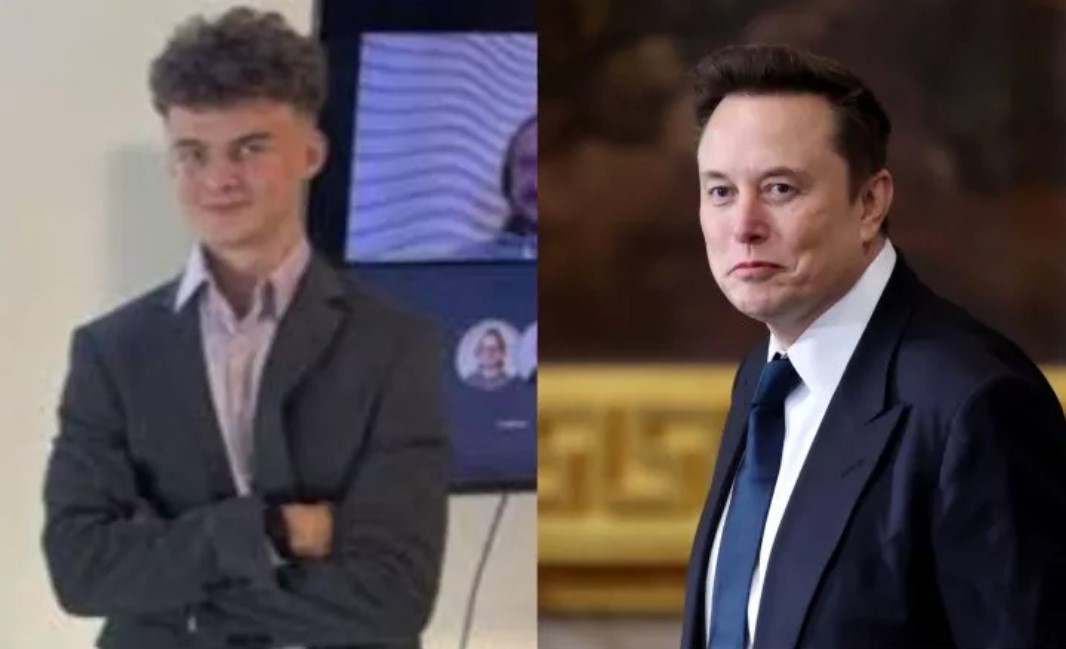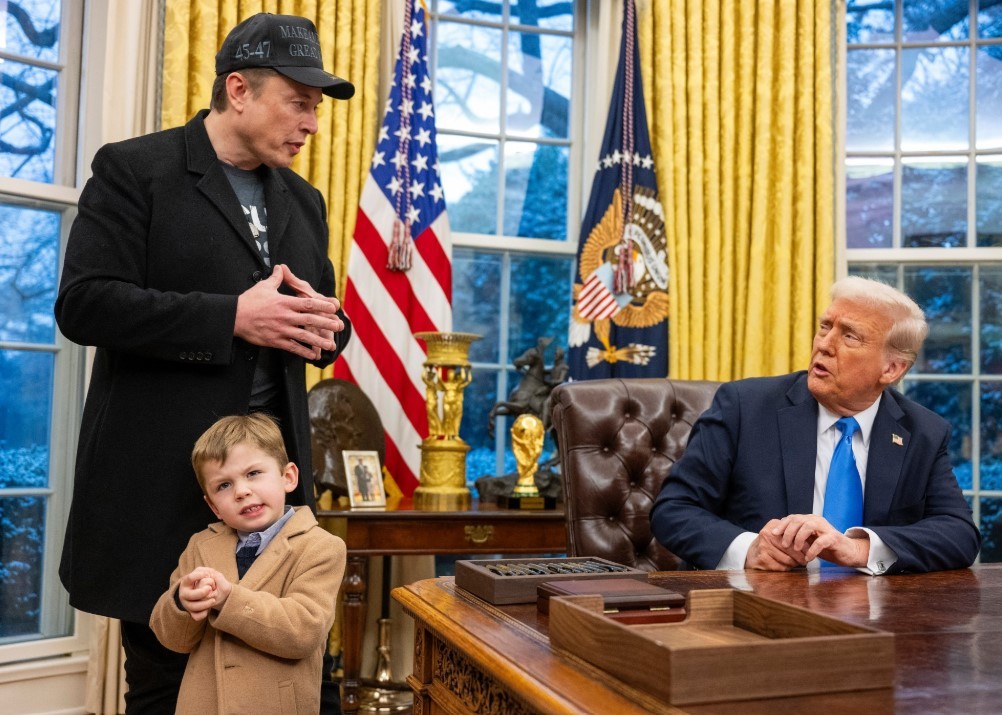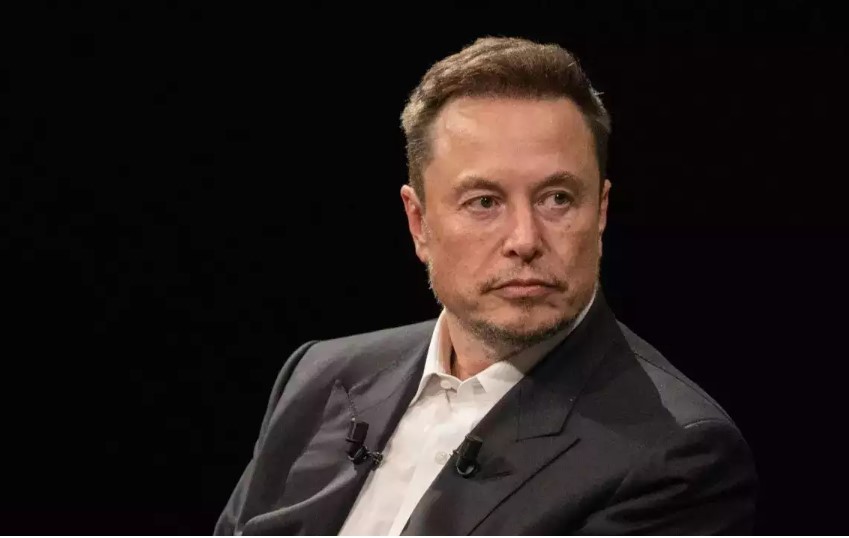DOGE Canceled 62 Contracts, Including Fauci Museum Exhibit
 Where Does Elon Musk Sleep? Turns DOGE’s Headquarters Into His ‘Bedroom’ Where Does Elon Musk Sleep? Turns DOGE’s Headquarters Into His ‘Bedroom’ |
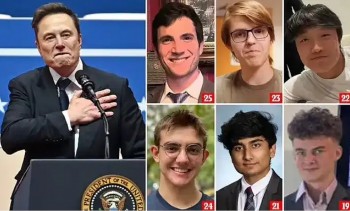 The Six Young Minds Behind DOGE? Mysterious Musk's Team Shake America The Six Young Minds Behind DOGE? Mysterious Musk's Team Shake America |
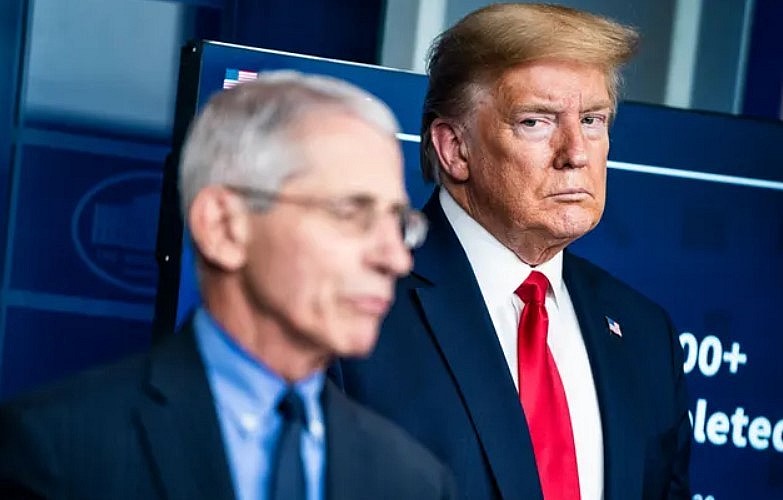 |
| Anthony Fauci and Donald Trump |
The Department of Health and Human Services (HHS) has recently canceled more than $180 million in contracts within a span of 48 hours, marking a significant shift in government spending priorities. Among the terminated agreements was a nearly $170,000 contract designated for an Anthony Fauci museum exhibit, which had been planned to be completed by July 2025.
Sweeping Budget Cuts by DOGE
This dramatic decision was announced by the Department of Government Efficiency (DOGE), a newly established government oversight body led by billionaire Elon Musk. In a social media post on Friday, DOGE disclosed that a total of 62 contracts, collectively worth $182 million, had been scrapped. Notably, these canceled contracts were entirely related to administrative expenses and did not impact any healthcare programs or direct medical services.
The move comes amid a broader campaign spearheaded by DOGE to reduce excessive government spending. Over the past few weeks, Musk and his team have outlined plans to overhaul numerous federal agencies, including proposals to dismantle the United States Agency for International Development (USAID) and implement stringent reforms at the U.S. Treasury Department. These measures are intended to eliminate over $100 billion in annual entitlement payments to individuals who lack a Social Security number.
HHS Among the Targets of Federal Spending Cuts
The decision to cut HHS administrative contracts is just the latest step in a broader effort to curb unnecessary expenditures across various government agencies. Since DOGE's inception, no federal department has been exempt from its cost-cutting measures, as the agency continues its mission to identify and eliminate perceived waste.
The now-defunct Fauci exhibit, originally slated for display at the National Institutes of Health (NIH) Museum, was set to highlight the infectious disease expert’s contributions to public health, particularly during the HIV/AIDS epidemic and the COVID-19 pandemic. However, its cancellation aligns with DOGE's broader objective of reassessing federal budget allocations and eliminating non-essential spending.
Fauci’s Controversial Legacy and Government Response
Dr. Anthony Fauci remains a highly polarizing figure in American politics. He gained prominence as the director of the National Institute of Allergy and Infectious Diseases (NIAID) from 1984 to 2022, serving under multiple administrations. His role in leading the U.S. response to the COVID-19 pandemic further solidified his status as a key public health figure. However, his guidance on pandemic measures, including lockdowns and vaccine mandates, has drawn both praise and criticism.
The cancellation of the Fauci exhibit follows another recent decision by President Donald Trump to revoke the taxpayer-funded security detail that had been provided to Fauci since 2020. This security arrangement was initially granted due to increased threats against Fauci during the pandemic, but Trump has since defended its removal as part of a broader reevaluation of government expenditures.
“I think, you know, when you work for government, at some point your security detail comes off, and, you know, you can’t have them forever,” Trump said. “We took some off other people, too, but you can’t have a security detail for the rest of your life because you work for government.”
Political Ramifications and Public Reactions
The cancellation of these contracts, particularly the Fauci exhibit, has sparked debate across political and public spheres. Supporters of DOGE’s cost-cutting initiatives argue that such measures are necessary to rein in government overspending and refocus federal resources on essential programs. On the other hand, critics view these cuts as politically motivated, suggesting that they are part of a larger effort to undermine Fauci’s legacy and diminish his contributions to public health.
Adding to the complexity of Fauci’s political narrative, former President Joe Biden issued a preemptive pardon for him on his last day in office. This move was widely interpreted as a precautionary measure against potential legal actions under Trump’s second administration, despite Fauci not having been charged with any crimes at the time.
Future Implications for Government Spending
The abrupt termination of these contracts signals a potential shift in how the federal government approaches administrative expenditures. While healthcare services remain untouched by these cuts, the precedent set by DOGE’s sweeping financial reassessments suggests that further budget reductions could be on the horizon for other agencies.
As the federal government continues to navigate the balance between fiscal responsibility and maintaining essential services, the impact of these decisions will likely be scrutinized in the coming months. Whether these budget cuts lead to greater efficiency or unintended consequences remains to be seen, but the message from DOGE is clear: government spending, particularly on administrative expenses, is under intense scrutiny.
The HHS has yet to respond to requests for comment regarding these contract cancellations, leaving many questions unanswered about how these changes will affect the department’s operations moving forward.
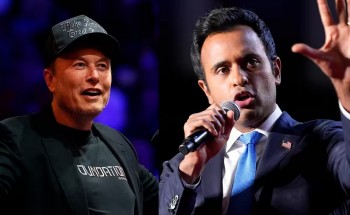 What is the DOGE, and Who Will Lead It? What is the DOGE, and Who Will Lead It? President-elect Donald Trump announced the creation of a Department of Government Efficiency (DOGE) to streamline federal operations. Trump promised to “dismantle government bureaucracy,” and this ... |
 DOGE: What Will Musk Actually Do? DOGE: What Will Musk Actually Do? The appointment of Elon Musk to head the recently established Department of Government Efficiency (DOGE) has generated a lot of discussion about the role's legality ... |
 DOGE's Head: Is Elon Musk a Secretary or Advisor? DOGE's Head: Is Elon Musk a Secretary or Advisor? President Donald Trump's recent appointment of Elon Musk to head the Department of Government Efficiency (DOGE) has generated a lot of debate. Is Musk an ... |
 Can Musk and DOGE Really Cut the Pentagon and Department of Education? Here’s What to Expect! Can Musk and DOGE Really Cut the Pentagon and Department of Education? Here’s What to Expect! After dismantling the U.S. Agency for International Development (USAID), Musk’s next targets are the Department of Education and the Pentagon, according to President Donald Trump. |

